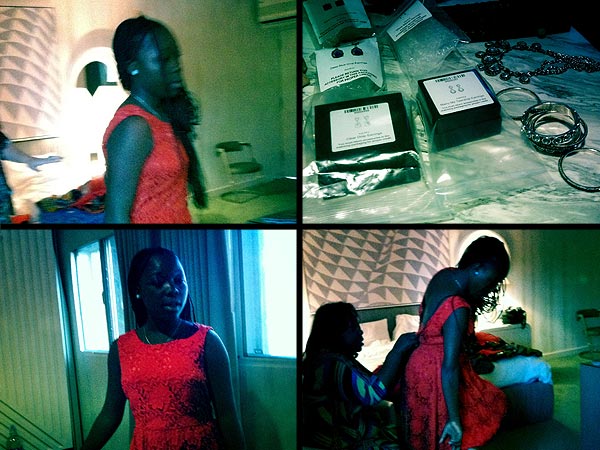The new drone base, located for now in the capital, Niamey, is an indication of the priority Africa has become in American antiterrorism efforts. The United States military has a limited presence in Africa, with only one permanent base, in Djibouti, more than 3,000 miles from Mali, where insurgents had taken over half the country until repelled by a French-led force.
In a letter to Congress, Mr. Obama said about 40 United States military service members arrived in Niger on Wednesday, bringing the total number of those deployed in the country to about 100 people. A military official said the troops were largely Air Force logistics specialists, intelligence analysts and security officers.
Mr. Obama said the troops, who are armed for self-protection, would support the French-led operation that last month drove the Qaeda and affiliated fighters out of a desert refuge the size of Texas in neighboring Mali.
Niger, one of the poorest countries in the world, signed a status-of-forces agreement last month with the United States that has cleared the way for greater American military involvement in the country and provides legal protection to American troops there.
In an interview last month in Niamey, President Mahamadou Issoufou voiced concern about the spillover of violence and refugees from Mali, as well as growing threats from Boko Haram, an Islamist extremist group to the south, in neighboring Nigeria.
French and African troops have retaken Mali’s northern cities, including Timbuktu, Gao and Kidal, but about 2,000 militants have melted back into desert and mountain hideaways and have begun a small campaign of harassment and terror, dispatching suicide bombers, attacking guard posts, infiltrating liberated cities or ordering attacks by militants hidden among civilians.
“Africa Command has positioned unarmed remotely piloted aircraft in Niger to support a range of regional security missions and engagements with partner nations,” Benjamin Benson, a command spokesman in Stuttgart, Germany, said in an e-mail message on Friday.
Mr. Benson did not say how many aircraft or troops ultimately would be deployed, but other American officials have said the base could eventually have as many as 300 United States military service members and contractors.
For now, American officials said Predator drones would at first fly only unarmed surveillance drones, although they have not ruled out conducting missile strikes at some point if the threat worsens.
American officials would like to move the aircraft eventually to Agadez, a city in northern Niger that is closer to parts of northern Mali where cells of Al Qaeda in the Islamic Maghreb and other militants groups are operating. Gen. Carter F. Ham, the leader of the Pentagon’s Africa Command, visited the base last month as part of discussions with Niger’s leaders on closer counterterrorism cooperation.
The new drone base will join a constellation of small airstrips in recent years on the continent, including one in Ethiopia, for surveillance missions flown by drones or turboprop planes designed to look like civilian aircraft.
A handful of unarmed Predator drones will fill a desperate need for more detailed information on regional threats, including the militants in Mali and the unabated flow of fighters and weapons from Libya. General Ham and intelligence analysts have complained that such information has been sorely lacking.
As the United States increased its presence in Niger, Russia sent a planeload of food, blankets and other aid to Mali on Friday, a day after Foreign Minister Sergey V. Lavrov warned about the spread of terrorism in North Africa, which the Russian government has linked to Western intervention in Libya.
Mr. Lavrov met on Thursday with the United Nations special envoy for the region, Romano Prodi, to discuss the situation in Mali, where Russia has supported the French-led effort to oust Islamist militants. But Russia has also blamed the West for the unrest and singled out the French in particular for arming the rebels who ousted the Libyan leader, Col. Muammar el-Qaddafi.
“Particular concern was expressed about the activity of terrorist organizations in the north, a threat to regional peace and security,” the Russian Foreign Ministry said in a statement after the meeting. “The parties agreed that the uncontrolled proliferation of arms in the region in the wake of the conflict in Libya sets the stage for an escalation of tension throughout the Sahel.” The Sahel is a vast region stretching more than 3,000 miles across Africa, from the Atlantic in the west through Sudan in the east.
In a television interview this month, Mr. Lavrov said, “France is fighting against those in Mali whom it had once armed in Libya against Qaddafi.”
Eric Schmitt reported from Washington, and Scott Sayare from Paris. David M. Herszenhorn contributed reporting from Moscow.












